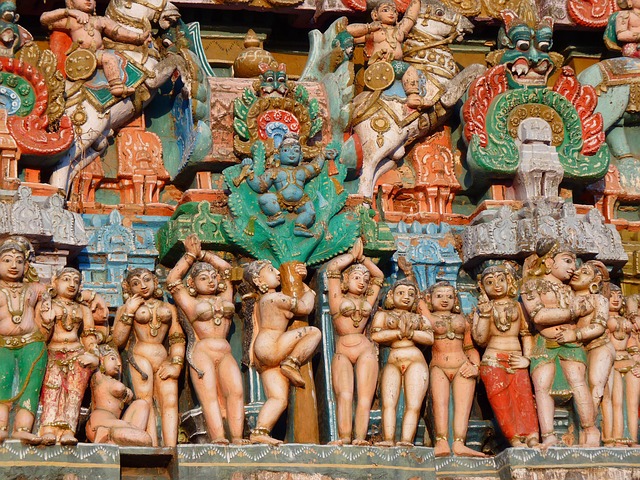The figure of Hades within mythology transcends the mere image of a dark god ruling the underworld; he embodies the complex relationship humanity has with death, the afterlife, and the mysteries that lie beyond the mortal realm. In ancient Greek religion, Hades was not just a god of the dead but also a guardian of the rich resources of the earth, reflecting the duality of life and death, fertility and decay.
To many, Hades evokes a sense of fear and apprehension, a place where the souls of the departed are judged and consigned to either torment or peace. However, to understand Hades is to delve deeper into the human condition, exploring what lies beyond life and the spiritual significance of our existence. Throughout history, societies have sought to comprehend the afterlife, often manifesting these inquiries in religious practices and mythological tales.
The mythology surrounding Hades speaks volumes about how ancient civilizations perceived death. In the Homeric epics, for instance, Hades is often depicted as a shadowy realm where spirits linger, reflecting the Greeks’ beliefs about the necessity of honoring the dead. Rituals to appease Hades were commonplace, as families sought to ensure their loved ones found favor in the afterlife.
Moreover, the figure of Persephone, Hades’ queen, introduces themes of rebirth and renewal, showcasing the cyclical nature of life and death. Her annual descent into the underworld represents the changing seasons and the duality of existence, reminding us that death is not an end but a transition. This powerful narrative resonates deeply, suggesting that we should embrace the inevitabilities of life, including our mortality, with acceptance rather than dread.
In modern religion, concepts influenced by Hades can still be found across various spiritual practices. Many belief systems grapple with the idea of an afterlife, reflecting a collective quest for understanding what happens beyond our physical experience. Philosophers and theologians alike continue to ponder the implications of life’s temporary nature, often drawing on stories reminiscent of Hades to explore issues of morality, hope, and the divine.
Above all, the exploration of Hades serves as a mirror to our own fears and desires regarding the unknown. The underworld, while often associated with torment, also holds lessons of connection, heritage, and the importance of remembrance. As we seek clarity on past lives and meaning in our own, Hades stands not only as a destination but as a mystical guide urging us to honor our past while embracing the present.




